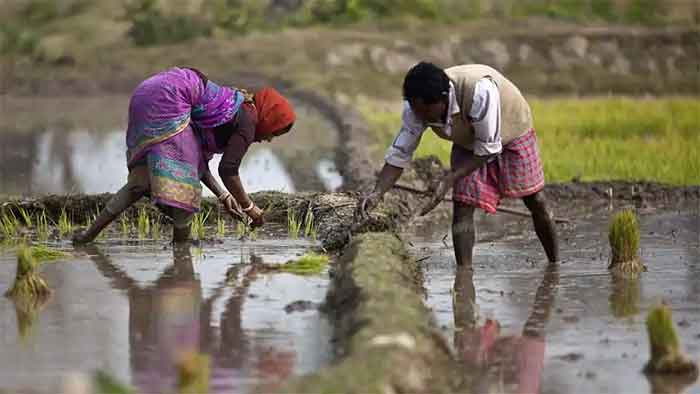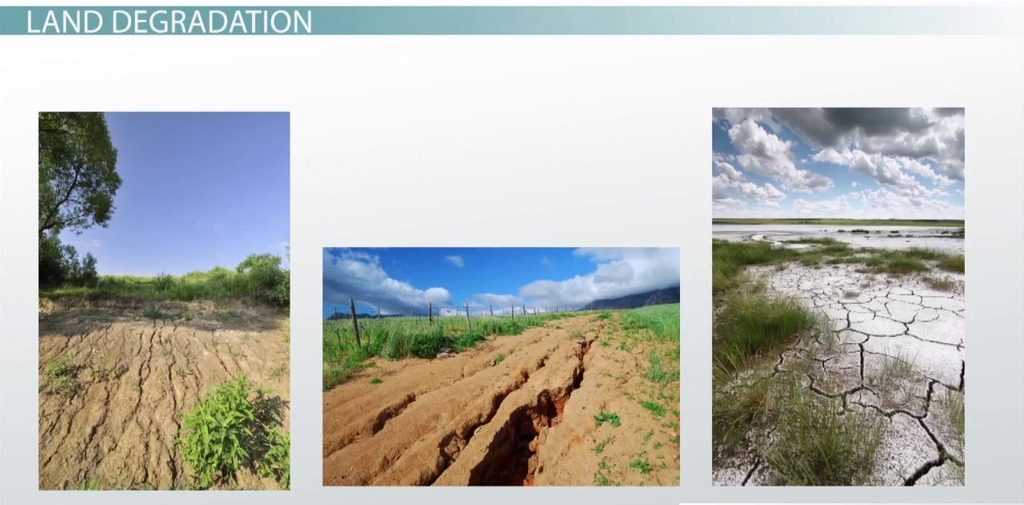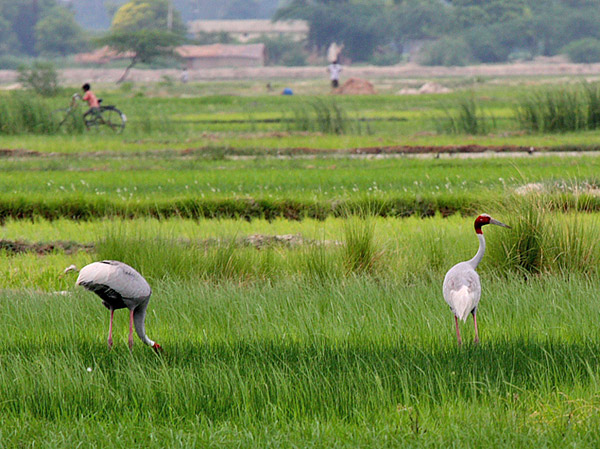Introduction
Agriculture is the backbone of human civilization, and it has evolved over millennia through the collective wisdom of diverse cultures. In our quest for modernization and technological advancement, we often overlook the invaluable knowledge that indigenous communities have developed and honed over generations. This knowledge, rooted in the land, culture, and traditions of indigenous peoples, is a precious resource that offers sustainable solutions to the challenges of our rapidly changing world.
In this blog post, we will delve into the world of indigenous agricultural knowledge, its significance in today’s context, and the urgent need to preserve and promote it. We will also explore four key themes that underpin this profound wisdom.
The Significance of Indigenous Agricultural Knowledge
Indigenous knowledge of agriculture is a holistic approach that goes beyond mere farming techniques. It encompasses a deep understanding of the land, biodiversity, weather patterns, and the interconnectedness of all living beings. This knowledge has enabled indigenous communities to thrive in diverse ecosystems for centuries, fostering resilience and sustainability.
Biodiversity Conservation: Indigenous agricultural practices are often centered around the preservation of biodiversity. Traditional crop varieties, alongside wild plants and animals, are integral to indigenous food systems. This diversity not only enhances the resilience of ecosystems but also provides a rich source of nutrition.
Adaptation to Climate Change: Indigenous knowledge systems are remarkably attuned to environmental changes. Indigenous communities have developed sophisticated methods for reading weather patterns, which enable them to adapt their planting and harvesting schedules accordingly. This adaptability is increasingly relevant in the face of climate change.
Community and Cultural Identity: Indigenous agricultural practices are deeply rooted in community values and cultural traditions. They strengthen social bonds and reinforce a sense of identity and belonging. The passing down of agricultural knowledge through oral traditions ensures that cultural heritage is preserved alongside farming techniques.
Sustainable Resource Management: Indigenous farming methods often prioritize sustainable resource management. Practices like crop rotation, agroforestry, and terracing are designed to minimize soil erosion, maintain soil fertility, and optimize resource use without depleting them.
Challenges to Indigenous Agricultural Knowledge
Despite the resilience and wisdom inherent in indigenous agricultural practices, they face numerous challenges in the modern world. These challenges include:
Land Displacement: Indigenous communities often find themselves marginalized and displaced from their ancestral lands, leading to the erosion of their traditional knowledge and practices.
Economic Pressures: The globalized economy often incentivizes monoculture and cash-crop farming, which can lead to the abandonment of traditional practices that prioritize biodiversity and sustainability.
Erosion of Oral Traditions: As younger generations move away from rural areas and oral traditions wane, there is a risk of losing the knowledge that has been passed down for centuries.
Limited Recognition: Indigenous knowledge systems are frequently undervalued and overlooked by mainstream agricultural institutions and policies.
Preserving and Promoting Indigenous Agricultural Knowledge
Recognizing the vital role of indigenous knowledge in ensuring food security, environmental sustainability, and cultural preservation, there is an urgent need to take action. Here are some steps we can take to preserve and promote indigenous agricultural wisdom:
Support Land Rights: Indigenous communities must be granted secure land rights to protect their traditional territories. This allows them to continue their sustainable agricultural practices and maintain their cultural connections to the land.
Incorporate Indigenous Knowledge into Policy: Governments and agricultural institutions should actively seek input from indigenous communities and integrate their knowledge into agricultural policies and practices.
Invest in Education: Initiatives that focus on teaching younger generations about indigenous agricultural practices and their cultural significance are crucial. This can be done through formal education, community programs, and partnerships with indigenous leaders.
Respect and Collaboration: Recognize that indigenous knowledge is not static but evolves with changing conditions. Collaboration between indigenous communities and scientists can lead to innovative solutions that blend traditional wisdom with modern science.
Conclusion
Indigenous agricultural knowledge is a treasure trove of wisdom that has sustained communities and ecosystems for generations. Its holistic approach to farming, sustainability, and cultural preservation provides valuable lessons for the challenges we face today. By acknowledging, respecting, and actively promoting this knowledge, we can work towards a more sustainable and harmonious future—one that bridges the gap between tradition and modernity.
Let us remember that true progress lies not in discarding the past but in embracing it, for it is there that we find the seeds of a better tomorrow.
In a rapidly changing world, indigenous agricultural knowledge stands as a beacon of wisdom, offering solutions to the complex challenges we face. This knowledge, deeply rooted in the land and culture of indigenous communities, provides a roadmap to sustainable agriculture, biodiversity conservation, and cultural preservation. It’s time we recognize its value and work together to preserve and promote this invaluable heritage for the benefit of future generations.





